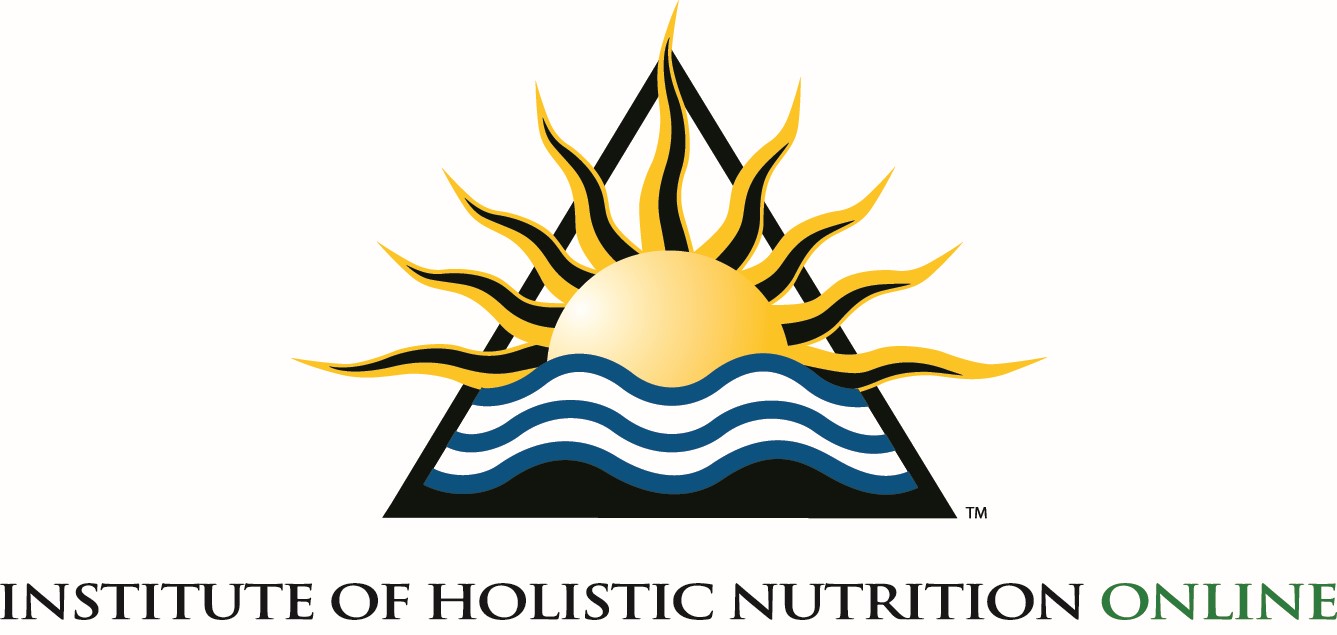
Olivier Barré PhD Biochemistry, TCM
Department(s): Faculty
Dr. Olivier Barré earned a PhD in Biochemistry/Biomedicine with honors from the University of Bern (Switzerland) where he worked on copper homeostasis in bacteria and humans. Olivier continued in a postdoctoral position at UBC, doing research on breast and prostate cancer. At a young age, he developed an intrigue and passion for Chinese Medicine. Olivier decided to change his career path and obtained his Traditional Chinese Medicine Practitioner (RTCMP) Diploma from the International College of TCM of Vancouver. Olivier fulfilled his dream of opening his own integrated practice Downtown, Vancouver 2016 and works as a TCM Practitioner. His vision has always been to combine his western science background with the natural holistic approach of Traditional Chinese medicine. Olivier teaches Biological Chemistry at Institute of Holistic Nutrition’s Online program and Nutrition According to Traditional Chinese Medicine at Institute of Holistic Nutrition’s Online Continuing Education department.
